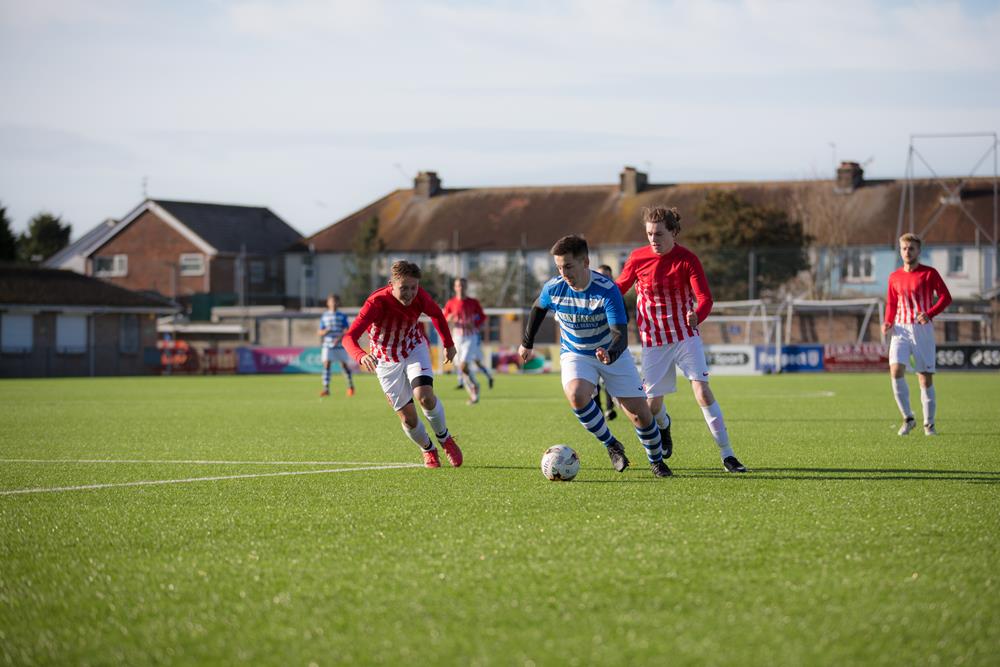Considering paying your hardworking committee members?

There are often many, hard-working volunteers at sports clubs that give up a lot of personal time to make sure the club is run properly. For secretaries, managers, trustees and committee members, looking after the club can be a demanding part-time job, and sometimes it may be in your best interests to recognise their efforts financially, even as a token gesture.
This recognition or voluntary payment is called an honorarium. It is a discretionary, often small token annual payment, and there is no legal obligation to pay them. If you want and can afford to recognise people’s services to your club, that’s great, but depending on how your club has been set up there may be rules in place that could restrict such payments.
Can your club make honoraria?
To determine whether your club is able to make an honorarium to its committee members, you must consider both its legal structure and any special status it may have (e.g. charity). These factors will determine whether or not such a payment is permitted and, if so, what requirements are applicable to any honoraria.
Members of an unincorporated association will need to consider its governing document (i.e. constitution and/or rules) to determine what powers the management committee have to make an honorarium.
Such a power would typically have to be set out in your club’s governing document and it would not be appropriate for any proposed recipient of an honorarium to participate in any decision on the payment or the amount. It may also be the case that they are only able to reimburse members for expenses genuinely incurred.
If your club is an incorporated entity (e.g. a company limited by guarantee), the ‘management’ function is undertaken by the board of directors, who will be subject to greater regulation under the Companies Act 2006.
As well as any relevant provisions in the club’s articles of association, the board will be subject to statutory directors’ duties. Directors will be required to declare any interests in a proposed transaction and avoid any conflicts of interest. Furthermore, it should be noted that directors are not allowed to accept benefits from a third party because of their position as a director.
In addition, your club (whether incorporated or not) may be a registered charity. Trustees of a charity are, generally speaking, subject to a strict ‘no-profit rule’ and must not receive payment or material benefit from a charity which they manage. The exceptions to this are if there is express authorisation from within the charity’s governing document, or if special dispensation has been obtained from the Charity Commission or if the Charities Act 2011 provides the appropriate power. The Charity Commission has provided helpful guidance on payments and benefits.
Practical things to consider
- Check your governing document
Whether you are governed by articles of association or a written constitution, you should always consider your governing document in order to confirm if you are able to make an honorarium before making any payment.
If necessary, consider amending your governing document to address this but always make sure that you have the appropriate approvals to do so. For example, any proposed change to trustee benefits in a registered charity is a ‘regulated alteration’ which requires the Charity Commission’s prior written consent.
- Consider any applicable regulation
The management team of the club (whether committee or board) should consider what applicable regulations they are subject to, potentially by the Companies Act (if your club is a company), the Charity Commission or any other related legislation such as the Charities Act (if your Club is a charity).
- Document the process
Whenever payments are being made out of club funds, make sure the process is well documented. Take detailed board minutes documenting the declaration of respective interests, the management of potential conflicts of interest (ie. abstention from voting and non-attendance when the matter is discussed), the authority on which the payment is made and the decision-making process of the management committee. Keep appropriate records in the club’s minute book.
- Take professional advice
The management team of the club should always consider taking professional advice before making a payment. If you are making payments to individuals for the work that they carry out, you could unintentionally be creating an employment relationship. This could entitle the individual to certain rights such as national minimum wage, holiday pay and sick pay.
If you have any queries about the matters discussed, please contact your dedicated team:
This advice is by no means exhaustive and often these matters are heavily fact dependant. If you have any queries on what this means for your club, please call our dedicated England Athletics Helpline on 0191 211 7797 or email [email protected]
